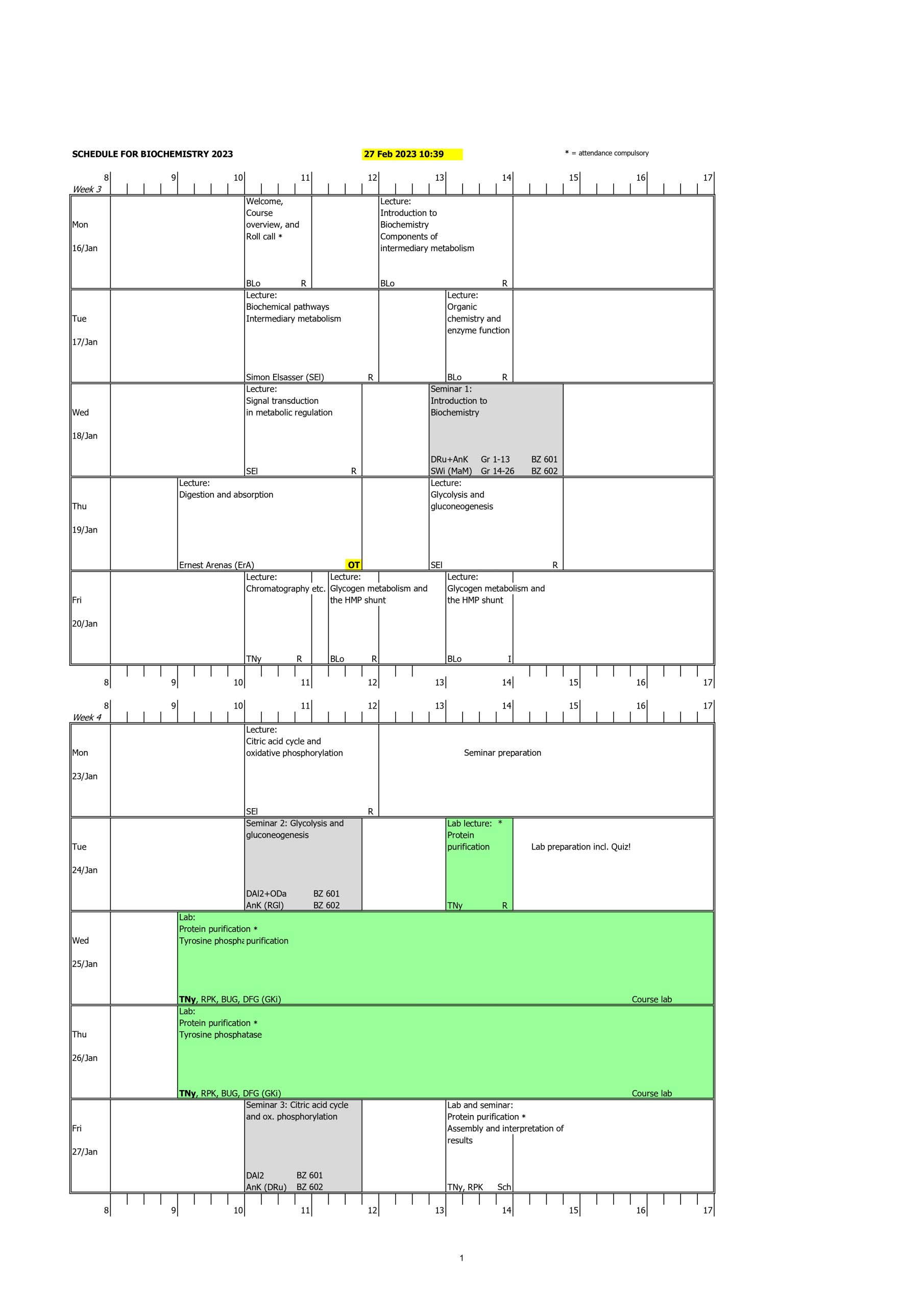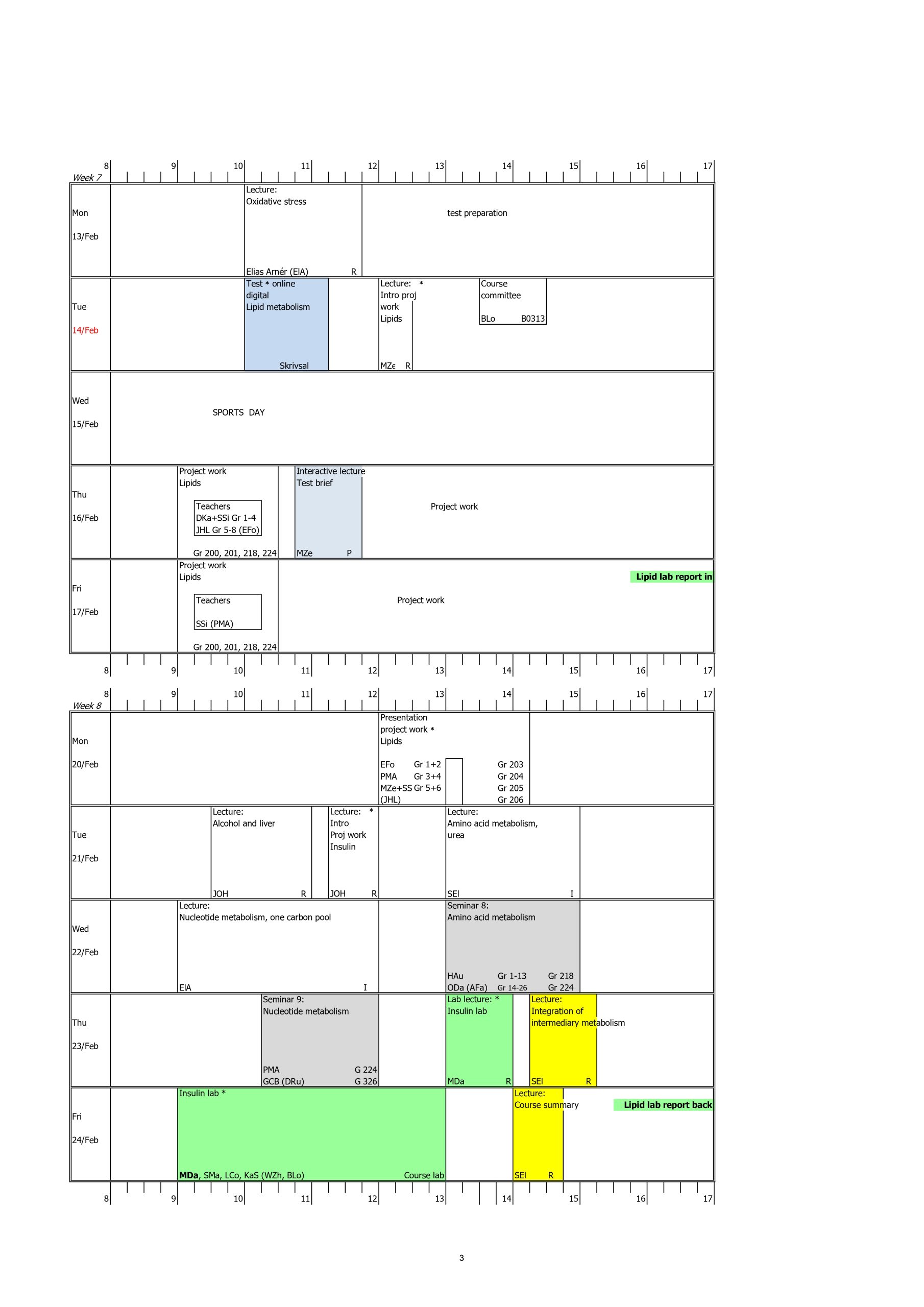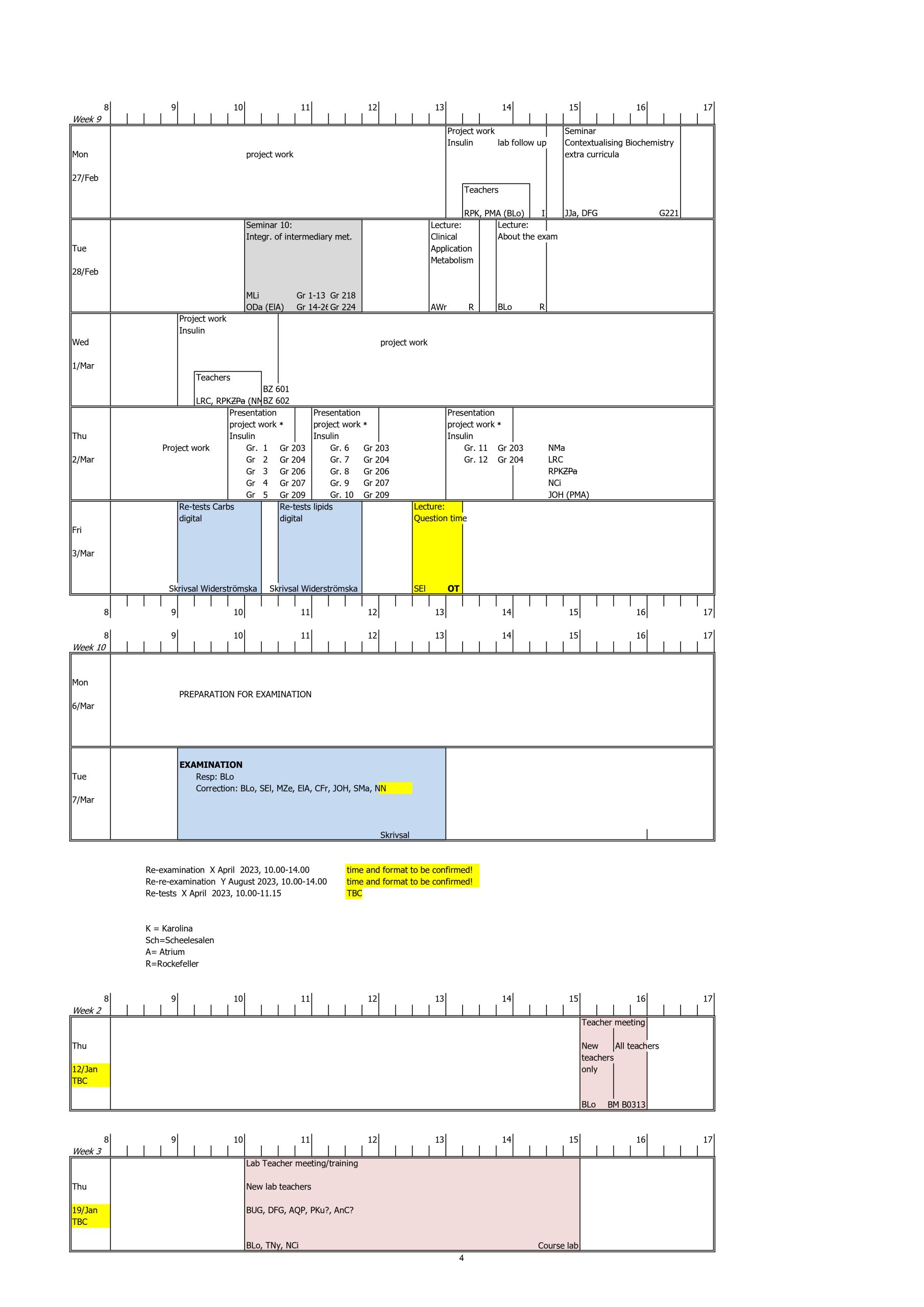
Q&A about The Bachelor’s Programme in Biomedicine
Hi all!
In this blog, I will try my best to answer some popular questions that I have received from you.
1. In which language is this program conducted?
The Bachelor’s Programme in Biomedicine is conducted entirely in English.
2. What was the admission rate in 2022 compared to previous years?
The admission statistics are published annually by the Swedish Council for Higher Education. These are some statistics I have managed to find for the first round of applications only. For more information, please check out the following UHR page dedicated to the Bachelor’s Programme in Biomedicine. Also, you might be interested to read Inika Prasad’s fantastic blog on “The odds of admission: a statistics summary”.
| Year (First Round of Applications “D7000”) | # Applications | # Admitted | # Acceptance Rate |
| 2023 | 1231 | Not yet available | Not yet available |
| 2022 | 1198 | 41 | 3,4% |
| 2021 | 911 | 35 | 3,8% |
| 2020 | 847 | 40 | 4,7% |
| 2019 | 668 | 29 | 4,3% |
| 2018 | 636 | 29 | 4,6% |
| 2017 | 617 | 24 | 3,9% |
3. What is your schedule like?
I am currently attending the course “Biochemistry” which can be quite stressful and demanding sometimes and so I do have a very busy schedule at the moment. This course is made up of numerous lectures, seminars, laboratory practicals (with the corresponding lab reports), 2 mandatory examinations that you must pass in order to be allowed to enter the exam (focusing on lipid and carbohydrate metabolism), labsters (virtual labs helping you deepen the theory better), 2 projects (about insulin and lipids) and the final exam.




4. What are the job opportunities we have after studying at KI?
After completing this program, you can first venture into the life science research sector depending on which field you found most interesting during your studies. For instance, did you know that at KI there are countless research areas spanning the whole medical field such as Cancer & Hematology; Cell, Molecular & Structural Biology; Endocrinology & Metabolism; Neuroscience & Mental Health; Healthcare Sciences & Ageing; Immunology, Infection, Inflammation & Microbiology; Epidemiology, Biostatistics & Public Health Sciences and so forth.
Another option is to further pursue a master’s degree and/or earn a Ph.D., while gradually orienting yourself towards a career in academia. In this regard, when it comes to our master’s programs, Karolinska Institutet will offer you plenty of choices you can choose from based on your interest in Biomedicine, Bioentrepreneurship, Health Informatics, Global Health, Molecular Techniques in Life Science, Nutrition Science, Toxicology, Public Health Sciences, and Translational Physiology & Pharmacology.
Furthermore, the biotech and pharmaceutical sector is also a viable option to be considered as this degree will endow you with a theoretical foundation and the necessary qualities to begin a career in biostatistics, management, marketing, clinical trials, or in media. You can explore our Master’s Programme in Health Economics, Policy, and Management for more details.
5. What is the most interesting part of the Biomedicine Bachelor?
I would say the trust with which students are invested. Since the very first days, we have been introduced to the labs and even allowed to design our own experiments. It was absolutely enthralling! Due to the fact that our teachers never spoon-feed us with the “correct” answers to our questions, we are constantly being encouraged to cultivate our critical thinking and take action.
6. How much mathematics is in the Biomedicine Program? I’m really interested in chemistry and biology, but worried a bit about math!
It is sometimes easier to illustrate how important mathematics and chemistry are for the biomedical field by analogy with some building blocks which are crucial for an adventurous builder to be able to rise a vast edifice. In other words, chemistry and mathematics are indispensable tools we use to study biology. Everything we do inside the lab is going to be translated into our lab report through numbers, calculations using various formulas, and graph interpretations. However, you have nothing to worry about as our professors will do their best to make sure that everything you did not understand will be clarified.
7. Is Sweden expensive?
Yes! Not necessarily in terms of food or utility costs, but rather when it comes to accommodation. Sweden is currently going through a rental market crisis. This is caused by the fact that the demand for apartments far exceeds the supply. That being so, I advise you to start looking for rental options even before applying to KI.
8. How do you get around if you don’t speak any Swedish?
Believe me or not, the largest majority of the population in Sweden speaks English fluently, so I suppose you won’t encounter any problems. What I absolutely love about Sweden is that here everyone is very friendly and eager to help you.
9. I am a European student; can I apply for KI housing?
Please read the following articles about changed regulations regarding eligibility for housing and accommodation for international bachelor’s students.
10. What is the best internship program I can apply for as a KI student?
KI Summer School in Medical Research is one of the most popular research internship programs for first-cycle (undergraduate) students at Karolinska Institutet. You can find more about the application process, eligibility, research scholarship, and potential supervisors on the official website.

Vlad – Biomedicine (BSc)
I'm Vlad, your Romanian blogger who comes from the very homeland of Dracula, Transylvania. While completing my first degree in International Business, I based my undergraduate thesis on the inconsistency of biological analogies in Economics. I began to study the genomes of ants and thus gravitate towards Biomedicine and KI. I chose Karolinska because of its academic and research excellence and because one day I wish to be able to make a difference in the field of Cancer Genetics. Visiting the remarkable collection of preserved medieval manuscripts from the Kungliga Biblioteket is on my bucket list.

0 comments